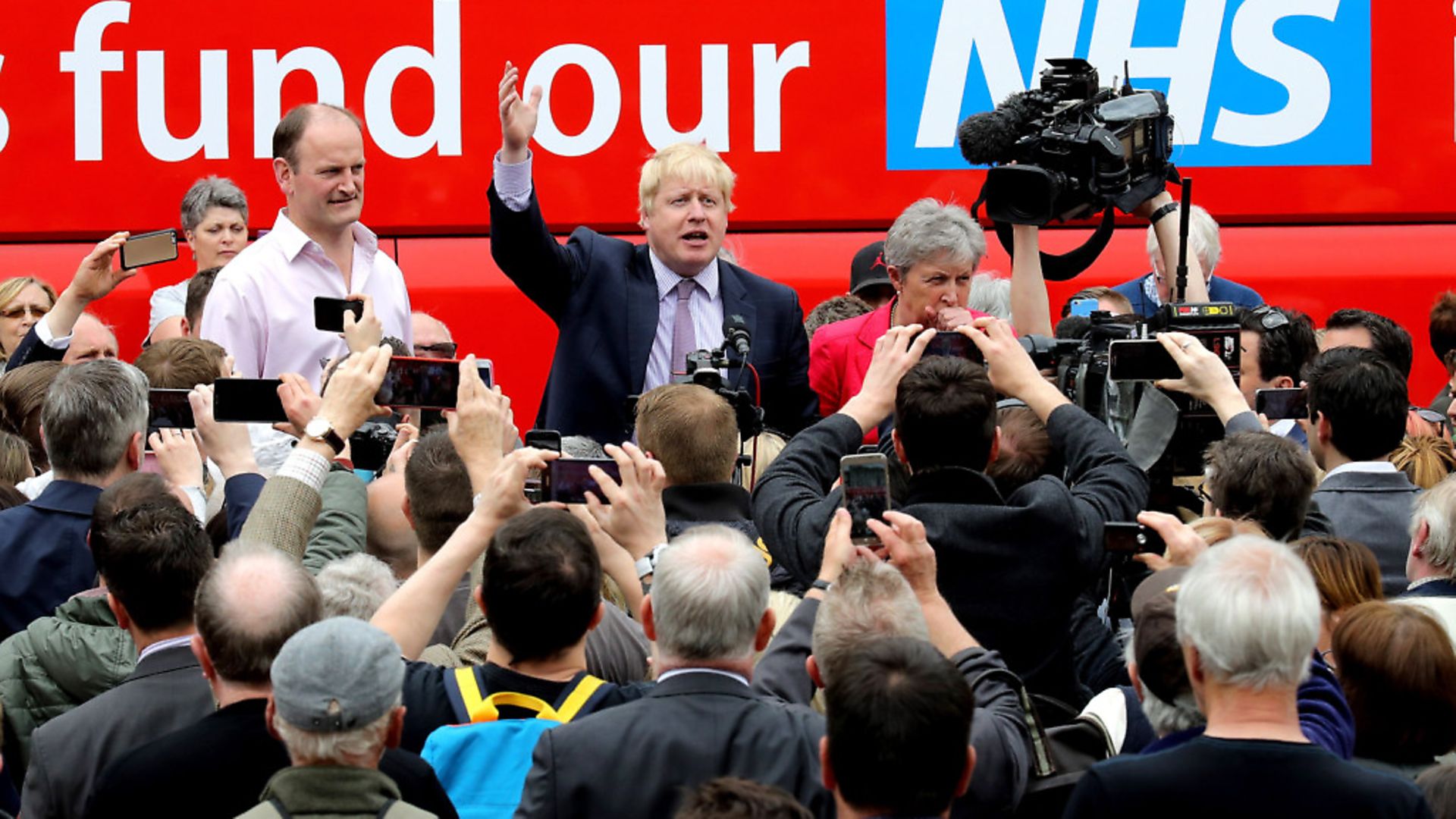
Former Europe minister DENIS MACSHANE on the range of outcomes that could still await Britain.
The conventional wisdom is that time is running out for Britain and Europe over Brexit.
Strictly speaking, either a deal or a no-deal reversion to trading with Europe under World Trade Organisation rules – which is just a crash-out in other terms – must be in place by the end of the year.
In theory, EU leaders have to sign off on any agreement at their October council meeting and the European parliament has to give its approval.
Legal purists in Brussels insist no further time can be granted for more negotiations. Yet by any reading of current politics and economics in Europe and wider afield, a decision taken under an artificial deadline may be a bad decision.
The election of Joe Biden as US president would be a game changer. Conversely, if Donald Trump, who was elected four months after Brexit in 2016 on a similar wave of populism, stays in the White House then the Brexit faction in the Tory party will believe they have a new trans-Atlantic English-speaking partnership in the making.
At the very least, EU and UK negotiators should wait until the US election is over. In general, festina lente – make haste slowly – is not the worst watchword for the next stages of the unending Brexit saga.
Five possible Brexit scenarios now present themselves.
1. A big free trade agreement (FTA) covering all economic activity, from exporting Nissan cars to investment funds from the City. This could be a bespoke UK version of Norway’s relationship with Europe. But it does require prime minister Boris Johnson to bring his MPs, especially new ones elected as true believers in a full rupture with the EU, to a different place. There will no effective opposition in the House of Commons from Labour or Lib Dems for two to three years.
2. A more limited FTA which at least keeping goods and agriculture trade going, as at present. But in the case of Canada, such a deal took Ottawa and Brussels seven years to negotiate and ratify. Can Johnson sign off on such a deal telling his MPs that he will revisit it after a trial period?
3. A ‘skinny’ or ‘barebones’ interim agreement that, in the best time-honoured British fashion of never deciding today what can be put off until tomorrow, will see negotiations continuing on a low profile basis into the 2020s. The EU could drop deadlines and allow the new UK government space and time to test business and public opinion.
4. Stopping the clock. Johnson has an aversion to demanding extensions, as he saw the damage done to his predecessor Theresa May’s reputation when she kept asking for more time. The big decision – leaving the EU Treaty – has been made. The rest is what de Gaulle called ‘l’intendance’ – logistics, administration, and technical details – which big picture politicians do not need to worry about. Announcing the clock has stopped is a time-honoured way of finding more time for talks without either side losing face.
5. A full-scale rupture. This cannot be excluded, with all the dangers of queues at frontiers, the City of London’s 350,000 passports to trade in Europe being withdrawn, a fishing war, an end to data exchange, visas being required for any trip to or from the continent, as in the days of travel behind the Iron Curtain, and the UK suddenly having to re-negotiate the 600 treaties to which it is party by virtue of EU membership. The childish notion that leaving the EU is the same as negotiating the price for a car, in which the buyer simply walks away if his price is not accepted needs to be parked.
What is vital is that democratically accountable politicians take the decisions. EU lawyers will always say something cannot be done but it is the task of Angela Merkel, Emmanuel Macron and Johnson to keep talking and not to walk away if more time is needed.
Denis MacShane is a former minister of Europe; his latest book is Brexiternity: The Uncertain Fate of Britain, published by IB Tauris-Bloomsbury









